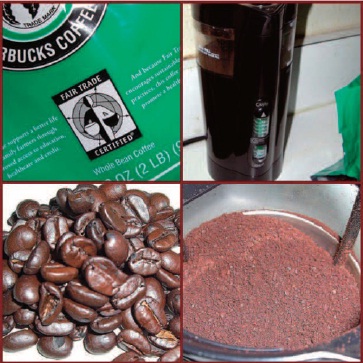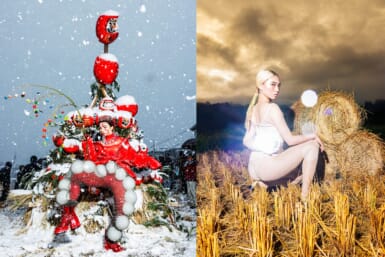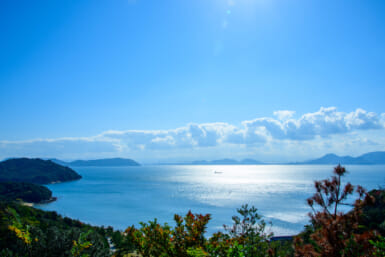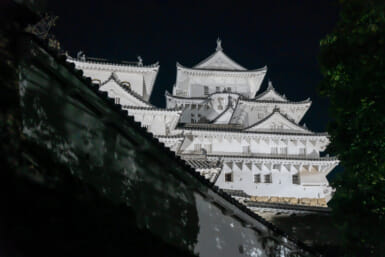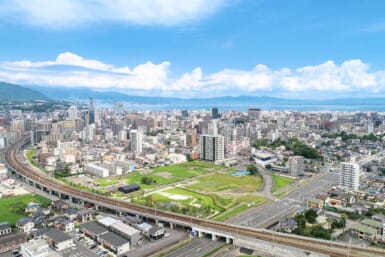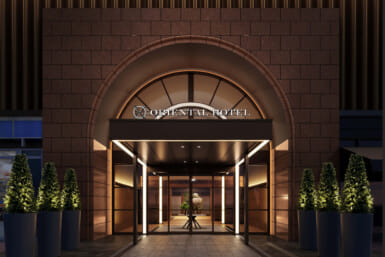by Danielle Rippingale
I think most would be surprised to learn that their choice of morning Java could play a role in preserving or devastating bird habitats and rain forests. Coffee is the most widely-consumed beverage in the world and yet we are far removed from the origins of this popular drink.
During the 1960s and ’70s, production demands saw changes from traditional techniques of growing coffee under a shade cannnv to nmwinn coffee under the sun, brown coffee was found to yield as much as five times more coffee than shade grown, but not without a heavy cost to the environment. Not only are forests cleared, eliminating vibrant wildlife habitats, but sun-grown coffee requires heavy use of chemical fertilizers, pesticides, fungicides, and herbicides.
Traditional shade-grown coffee plantations are integrated into forests attracting wildlife including many natural predators (birds and bats) that aid in the natural control of insect pest species. Furthermore, the rich soil and leaf matter fertilize the crops, making the coffee naturally organic.
It is recognized that shade-grown coffee plantations support more than 150 species of birds, including migratory birds, and offer an agricultural environment second only to undisturbed tropical rain forests. Studies in Mexico have shown 94 to 97 percent fewer bird species in sun-grown compared to shade-grown coffee plantations.
In addition to being environment and bird-friendly, shade-grown coffee tastes better due to a lower yield, which gives increased intensity to the coffee bean. If you think it will cost you much more—think again. You may pay ¥100 more for a 250g bag of shade-grown compared to your standard non-organic varieties. However, you vote every time you spend, so by generating demand through your purchase of shade-grown coffee you are persuading yield-conscious sun coffee growers to switch back to shade coffee production.
Widely available in Tokyo: Kaldi Coffee Farm in Gyre Omotesando (www.kaldi.co.jp) ¥780/200g; Seattle’s Best (all their organic coffee is purportedly shade grown); Starbucks “Shade Grown Mexico” ¥1,400/250g.
| GREEN GLOSSARY |
Locavore: Those who prefer to eat locally grown/produced food in an effort to build more locally based, self-reliant food economies—ones in which sustainable food production, processing, distribution, and consumption are integrated to enhance the economic, environmental, and social health of a particular place. |

